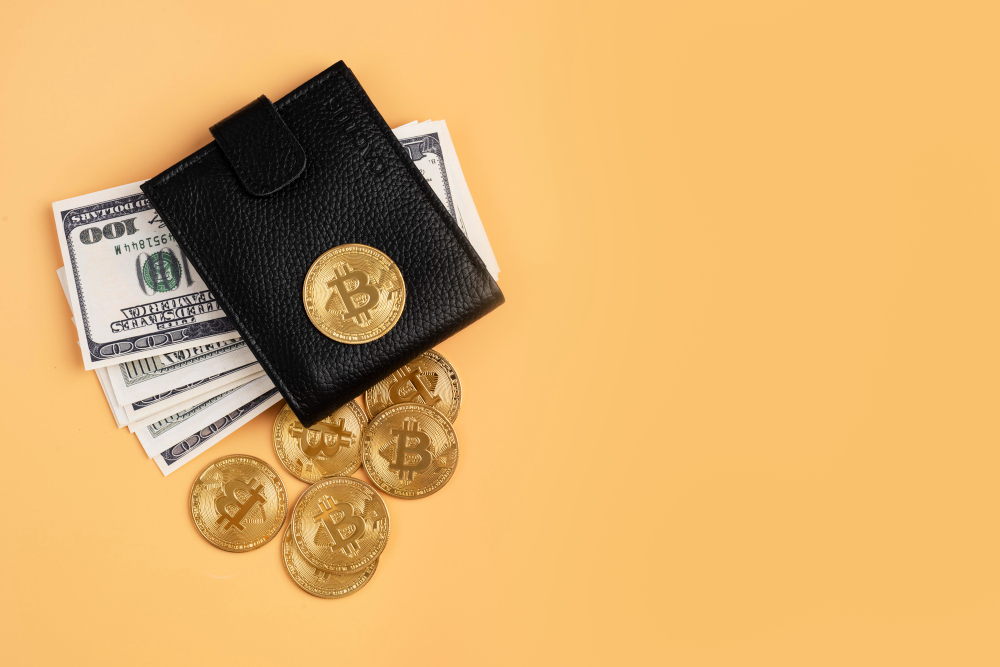Fair launches have developed as the basis of maintaining equitable distribution and community involvement in the decentralized finance (DeFi) ecosystem. Unlike traditional ICOs, which provide a restricted group of investors with early access to tokens, fair launches strive to level the playing field by giving everybody equal opportunity to participate in the growth of a DeFi enterprise.
This comprehensive guide delves into the intricacies of fair launches, exploring their principles, mechanisms, and implications for the DeFi ecosystem.

Understanding the Essence of Fair Launches
At the heart of fair launches lies the fundamental principle of democratizing access to token distribution. By eliminating pre-sales, private allocations, and other preferential arrangements, fair launches ensure that tokens are distributed openly and transparently, fostering a sense of fairness and community ownership.
Mechanisms Driving Fair Launches
To achieve this equitable distribution, fair launches employ various mechanisms, including:
- Liquidity Generation Events (LGEs): LGEs allow participants to contribute liquidity to a decentralized exchange (DEX) pool, receiving tokens in proportion to their contributions. This approach incentivizes early participation and liquidity provision.
- Liquidity Bootstrapping Pools (LBPs): LBPs introduce a dynamic pricing mechanism that adjusts the token price based on the liquidity pool’s supply and demand. This method ensures that early adopters are rewarded for their contributions while preventing whales from manipulating the price.
- Fairdrop Mechanisms: Fairdrops involve distributing tokens directly to a designated group of users, often based on their prior engagement with a project or their contributions to the DeFi ecosystem. This approach aims to reward active participants and promote community growth.
Benefits of Fair Launches in DeFi
Fair launches offer a multitude of benefits for the DeFi ecosystem:
- Equitable Token Distribution: Fair launches eliminate preferential treatment, ensuring that tokens are distributed fairly among all participants.
- Community Engagement and Ownership: By involving the community from the outset, fair launches foster a sense of ownership and encourage active participation in the project’s development.
- Decentralized Governance: Fair launches promote decentralized governance, as token holders gain voting rights and influence over the project’s direction.
- Reduced Risk of Manipulation: The transparent and open nature of fair launches reduces the risk of price manipulation and insider trading.
Challenges and Considerations for Fair Launch Implementation
While fair launches offer numerous advantages, they also present certain challenges:
- Marketing and Awareness: Effectively reaching a wide audience and generating awareness for a fair launch can be a daunting task.
- Technical Complexity: Implementing a fair launch requires a deep understanding of blockchain technology and smart contract development.
- Security Considerations: Ensuring the security of the fair launch process is crucial to prevent exploitation and protect user funds.
Fair Launches: Paving the Way for a More Equitable DeFi Ecosystem
Despite these challenges, fair launches have emerged as a transformative force in the DeFi landscape, promoting equity, community engagement, and decentralized governance. As the DeFi ecosystem continues to evolve, fair launches are likely to play an increasingly prominent role in shaping the future of decentralized finance.
Conclusion
Fair launches have revolutionized the DeFi landscape, offering a more equitable and community-driven approach to token distribution. By eliminating preferential treatment and fostering a sense of ownership, fair launches are empowering individuals to actively participate in the growth and success of DeFi projects.
Fair launches are poised to become the cornerstone of a decentralized, transparent, and inclusive financial system, empowering individuals to take control of their finances and forging a more equitable future for all as the DeFi ecosystem matures.
Disclaimer
FAQ
NFTs are unique digital assets stored on blockchains, representing various digital items.
To create a unique NFT, you mint it by uploading a digital file to a blockchain platform.
NFTs can be a good investment for collectors, but research and understanding risks are essential.


